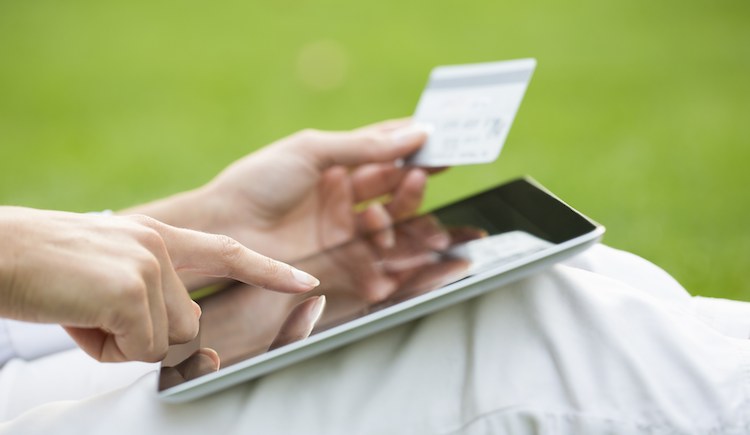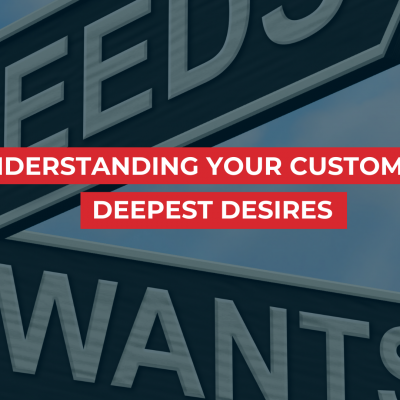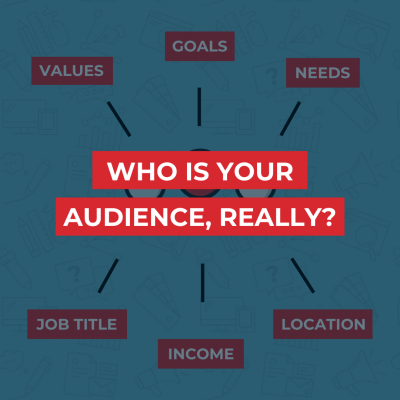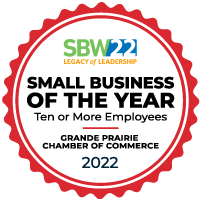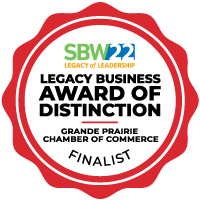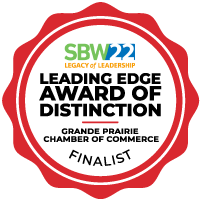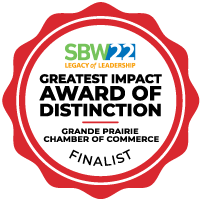For the longest time, PayPal was shunned by website owners because of an age old myth that you have to create an account to pay with it. This is not true (and hasn’t been for a long time), as you can easily pay without creating an account. But I’m going to turn this on its head completely. Not only do you want to offer PayPal on your website, you’re actually better off if your customers have a PayPal account. Here’s why.
5 Reasons To Use PayPal to Collect Payments
Note: I have no affiliation with PayPal and this article isn’t meant as an endorsement of PayPal. It’s simply debunking a few myths and opening your eyes to some of the advantages to using it as a business owner.
Reason #1: Simplicity
How many times have you sat down to buy something online and said “Crap! My wallet is in my coat!”? You’d be surprised how many online sales are stopped dead in their tracks for this reason alone. Moments like this give your customer a huge opportunity to abandon their cart. Think of all the things that can happen along the way:
- They second guess their decision;
- They get distracted by their spouse/kids/phone/friends on the way;
- They’re just plain too lazy to get up!
The genius in PayPal is the sheer convenience of it. It condenses 20–30 fields of painful form filling into 2 (a username and password.) Two clicks later, you’ve made money. This means less friction for the customer and your income statement.
Reason #2: Security
Arguably more important than convenience is security—for yourself and your shoppers. As a consumer, the beauty of PayPal is that it insulates your payment information from the sites you shop at. With all of the hacking headlines in the news today, this is not a concern to take lightly. Think about how many sites have you given your credit card information to? Do you know how they are protecting it, or where it is?
While I would argue that nothing is airtight, by having a PayPal account, you can limit the scope of an attack to one provider. It’s better to have one provider to worry about than 30. Fortunately, PayPal has a pretty big budget to address and monitor security issues (certainly more than you or me.)
How does this benefit you, as a store owner? First of all, some of the weight of building trust with your customer comes off your shoulders. If the customer has a PayPal account and trusts PayPal, you’ve just removed one huge barrier to purchasing from you. That can be big if you’re just starting out and your brand doesn’t carry a lot of weight.
Aside from your business, I would argue this point applies to you personally as much as it does your customers. You might consider setting up a PayPal account for yourself too. I’ve found both the convenience and improved security of using it to be refreshing.
Reason #3: Reduced Liability
PayPal helps reduce your liability as a merchant because you are no longer responsible for handling or storing the customer’s sensitive payment details. Should there be a security breach at PayPal, it becomes their problem and not yours.
Reason #4: Reduced Costs
There are no setup or monthly fees for using PayPal. You only pay a transaction fee when you make a sale and the amount is comparable to standard merchant rates. This is particularly good if you’re just starting out, because you won’t be burning up cash while waiting for your first sale.
Using PayPal also reduces the cost of developing your website. PayPal is widely supported and easily integrated into most shopping cart systems. Anytime you can avoid writing custom code to do what you need to do, the costs go way down. In addition to development costs, it reduces the time your agency needs to spend helping you process the application for your merchant account.
Reason #5: Reduced Complexity
Setting up a custom payment solution through your merchant provider involves a lot of steps and paperwork, including additional credit checks. This can only move as fast the bank and your schedule—expect anywhere from 4 to 8 weeks to get this done.
By using PayPal, you can start an account in an afternoon. Just login to the website, create a business account, and confirm your account details. With this out of the way, your website can launch much faster.
What If I Already Have a Payment System?
It certainly doesn’t hurt to also offer PayPal. Many websites today have dual payment systems. Some customers may prefer to pay without using PayPal, others may love that you offer it. The more options you can provide to make your customer’s life easier, the easier it will be to buy from you.
When is PayPal Not a Good Idea?
Like most things, this depends on your situation.
PayPal is slightly less streamlined than a custom merchant account. You need to withdraw the money from the PayPal account to transfer it to your bank. Also, because a PayPal account is like another bank account, it will be another set of records for your bookkeeper to reconcile. So technically, there are some back-end expenses to using it, but they aren’t major. If you do a lot of volume, a more streamlined system may make sense.
But the biggest reason you may not wish to use PayPal is rates. If you do a lot of business through your current POS provider, you may be able to get better rates than PayPal can offer. A half a point difference will add up to a lot of money if you do a lot of volume.
That being said, don’t exclude PayPal quite yet. If offering PayPal gets you sales from customers who wouldn’t otherwise buy from you (or buy from you right now because their wallet is in their coat), there’s a chance the benefits may exceed the costs. The only way to find out is to conduct a structured test and look at the data.
Summary
There are many options to collect payments on your website. PayPal may or may not be perfect for your situation, but it certainly deserves a look. And even if you don’t end up using it, at the very least, I hope I’ve helped erase some old-world assumptions about it.

